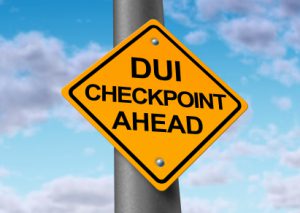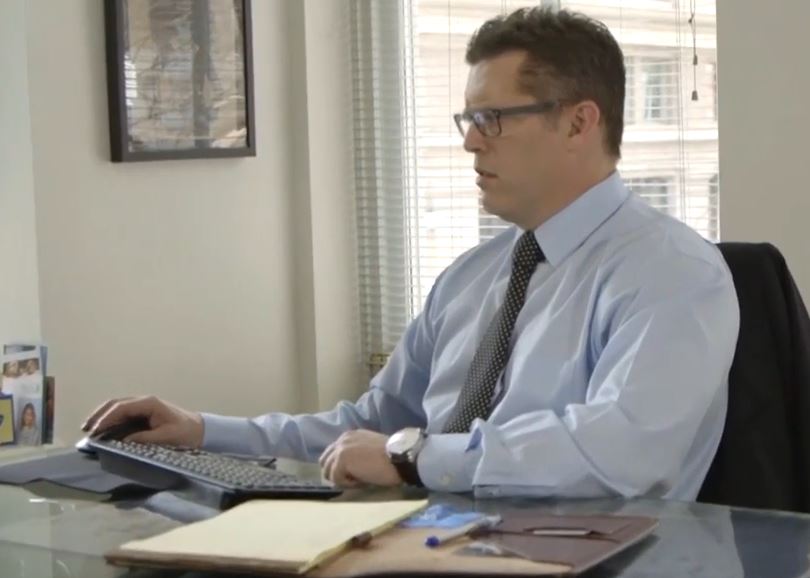- 24 horas al día, 7 días a la semana - Consulta gratuita: (202) 529-9374
 Cuando una persona es acusada de DUI en DC, hay muchos factores diferentes que pueden afectar la forma de su posible juicio por DUI en DC. Como resultado, es importante consultar con un Abogado de DUI en Washington, DC para determinar si deben elegir un juicio con tribunal o un juicio con jurado si hay uno disponible. También es importante considerar si se debe o no llevar el caso a juicio, ya que puede haber formas alternativas de resolverlo. La viabilidad de todas estas opciones depende de los detalles de cada caso particular, y todas estas opciones deben discutirse con un abogado para determinar cuál es la mejor manera de seguir adelante.
Cuando una persona es acusada de DUI en DC, hay muchos factores diferentes que pueden afectar la forma de su posible juicio por DUI en DC. Como resultado, es importante consultar con un Abogado de DUI en Washington, DC para determinar si deben elegir un juicio con tribunal o un juicio con jurado si hay uno disponible. También es importante considerar si se debe o no llevar el caso a juicio, ya que puede haber formas alternativas de resolverlo. La viabilidad de todas estas opciones depende de los detalles de cada caso particular, y todas estas opciones deben discutirse con un abogado para determinar cuál es la mejor manera de seguir adelante.
En Washington, DC, no todos los casos de DUI son elegibles para ser juzgados ante un jurado. Sin embargo, si una persona enfrenta una pena penal máxima de más de 180 días de cárcel por cualquier cargo individual, esa persona tiene derecho a que su caso sea juzgado ante un jurado. Si una persona enfrenta una pena máxima posible por cualquier cargo individual de 180 días o menos en prisión, esa persona solo es elegible para que su caso sea juzgado ante un juez. Un acusado también sería elegible para un juicio con jurado si el período de encarcelamiento acumulado que enfrenta por dos o más cargos es más de 2 años.
En un caso de DUI por primera vez, la pena máxima posible para un acusado es 180 días de cárcel. Por lo tanto, una persona que enfrenta un primer delito de conducir bajo los efectos del alcohol no sería elegible para que su caso sea juzgado ante un jurado. Esa persona sólo sería elegible para tener un “juicio sin jurado”, que es un juicio que decide un juez.
Antes del juicio, sin importar si se trata de un juicio con tribunal o jurado, el juez fijará Condiciones de liberación previa al juicio para que el individuo se prepare para el juicio en casa, preferiblemente con la orientación de un abogado.
Si una persona se enfrenta a una segunda infracción o una infracción posterior por conducir bajo los efectos del alcohol, puede enfrentar una pena máxima posible de un año de cárcel. Por lo tanto, una persona que enfrenta un segundo o posterior DUI tendría la opción de optar por que su caso sea juzgado antes y decidido por un jurado de residentes de Washington, DC.
Sin embargo, la elegibilidad para un juicio con jurado no significa necesariamente que la persona elegible deberá tener un juicio con jurado. Una persona que se enfrenta a un segundo o posterior delito de DUI podría optar por que un juez escuche su juicio por DUI, lo que daría lugar a que esa persona renuncie a un juicio con jurado. La decisión de seleccionar un juicio con jurado o un juicio sin jurado es una decisión muy importante que el acusado debe discutir con su abogado para que pueda comprender adecuadamente los posibles beneficios y desventajas de cada opción.
El proceso de selección de un jurado comienza con un grupo de jurados compuesto por residentes de Washington, DC entre los cuales se seleccionan personas específicas para formar parte del jurado en el juicio. El grupo de jurado en un caso de DUI generalmente consta de entre 40 y 50 personas que han sido seleccionadas para actuar como jurado ese día. La primera parte de la reducción de ese grupo de jurados consiste en que el juez haga al grupo más grande del jurado una serie de preguntas generales destinadas a decidir si alguno de los miembros del jurado tiene razones específicas por las que no serían jurados eficaces.
Tales preguntas pueden incluir preguntas sobre si los posibles miembros del jurado conocen a los abogados o a cualquiera de las partes involucradas en el caso, si los posibles miembros del jurado tienen algún sesgo específico que podría convertirlos en jurados ineficaces, o si los posibles miembros del jurado tienen algún conflicto de programación que podría hacer que formar parte de un jurado sea muy gravoso para ellos en ese momento.
Con base en las respuestas a esas preguntas, el juez o los abogados pueden comenzar a pedir que se elimine a los posibles miembros del jurado por causa justificada, lo que significa que existe una razón específica por la cual a esos jurados no se les debe permitir decidir el caso que tienen ante ellos. Una vez que esas huelgas reducen el número de jurados, el fiscal y el abogado defensor comienzan a realizar “huelgas perentorias”, que permiten a cada parte eliminar a los jurados sin dar ninguna razón específica. Los fiscales y abogados defensores sólo tienen un número limitado de huelgas perentorias y, una vez que se completen las huelgas perentorias, las personas restantes formarían parte del jurado de ese caso.
Tanto las huelgas perentorias como las huelgas con causa justificada están limitadas en el sentido de que a los fiscales no se les permite golpear a los jurados por motivos de raza o religión o en un intento de tener un jurado racialmente homogéneo.

Una de las decisiones más importantes que una persona puede tomar cuando enfrenta cualquier cargo penal, incluido un cargo por DUI, es si llevar su caso a juicio. Al considerar el hechos del juicio, un abogado siempre explorará todas las opciones al representar a un cliente en un caso de DUI, incluida la presentación de cualquier forma en que un caso pueda resolverse sin un juicio y luego comparar esas opciones con los aspectos positivos y negativos que podrían resultar de un juicio. En el caso de que sea posible una resolución no procesal, dicha resolución podría dar al cliente una clara ventaja en ciertos casos.
Es obligación de un abogado de DUI de DC discutir todas las opciones posibles con su cliente ya que, en última instancia, es el acusado quien tiene la última palabra sobre si le gustaría que el caso vaya a juicio o si preferiría resolver el caso a través de un opción sin prueba. Con la ayuda de un abogado experto, el acusado podría tomar la decisión que le brinde la mayor probabilidad de obtener el resultado más favorable posible.
David Benowitz y su firma son los mejores equipos estratégicos y compasivos con los que trabajará. El Sr. Benowitz y su equipo son diligentes y proactivos, lo que se ve reforzado por el enfoque metódico y estratégico de la ley de David. Mi caso era un caso muy complicado y cargado de emociones que involucraba información clasificada, en el que enfrentaba tres acusaciones, dos de cadena perpetua y una de 20 años. ¡El Sr. Benowitz utilizó una red de abogados junto con su propia estrategia para llevar el caso al éxito! Recomiendo sinceramente a David Benowitz literalmente con mi vida.
El Sr. Benowitz es un profesional increíblemente informado y dedicado. Sus compromisos con la justicia social y el alcance comunitario son ejemplares. Lo recomiendo de todo corazón para cualquier asunto.
Descubrí que David estaba muy dedicado a luchar por los derechos de su ser querido. También aprecié mucho el hecho de que David nos mantuvo informados y empoderados durante todo el proceso.